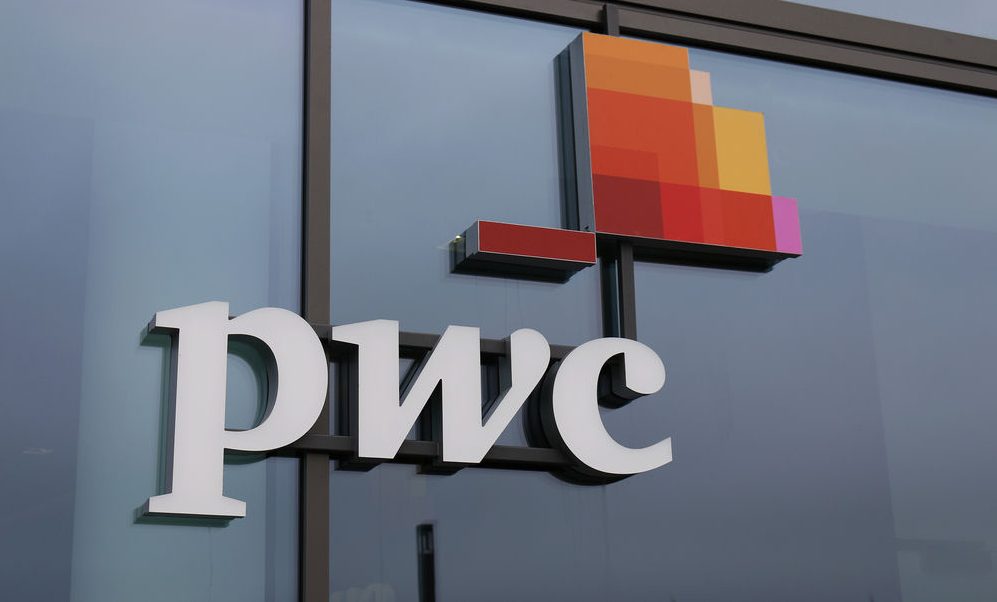What are the main developments affecting oil and gas in Africa?
Three themes are coming through, aside from business- as-usual challenges that all companies face in Africa:
Substantial FIDs in Africa: In southern/ east coast Africa FIDs of approximately 70-80 US$billion will be taken over the next 12 months. These will be followed by other large-scale projects, including the refinery development in Uganda, storage facilities, domestic gas developments in Mozambique (fertilizer, gas to liquids), etc.
Legislation and regulatory certainty: It is important that governments are able to respond to changing dynamics in the global oil & gas market to remain relevant and attractive, especially given the lack of industrial precedent in each underlying market.
Developments in LNG technology: Floating LNG and small-scale LNG will influence the development of the LNG market, especially as a tool to open basins or broaden gas penetration.
From a mid- and downstream point of view, it is more a matter of business as usual: car parks growing, investment in storage is more popular, and there
are discussions on new refineries and the effects of MARPOL on product specifications that all need consideration.

Are investors concerned about energy changing mixes and are there question marks on funding hydrocarbons?
Investors are not yet concerned about changing energy mixes in Africa. With weak power grids, a lack of supply and huge distances, this is not an issue yet. There is the potential for gas as a transportation fuel, but the market for liquid fuel will remain and grow, per all major projections. The transformational FIDs mentioned earlier will also create significant demand for liquid fuels during the development and construction phases, further anchoring the current energy mix.
From the bankers point view do you see any need for changes on the part of host governments/NOCs and private sector companies to drive development?
For the oil sector, where there are unique emerging plays (e.g. Uganda and Kenya) it is important that host governments ensure that the fiscal interests of IOCs are looked after so they keep (and / or others) drilling and ensure that the development pipeline remains full.
The gas sector needs to consider the different policies policy and shareholder perspectives at play. Tanzania may be a success story down the road, but the question is whether Tanzania is focused is focused on the technical realities of the deep water gas it has or on social dynamics around the domestic use of gas.
For South Africa, there is a question whether or not it can develop an exploration industry by the early 2020s.
Angola has clearly generated significant cash flows from its single source of oil, but it badly needs to diversify
its economy, bringing in more gas, making sure players active in its market are not just in the Gulf of Mexico or increasingly Guyana, Brazil or Mexico.
What are the challenges with project funding?
Upcoming projects in Africa are very complex in nature.
Size and scale is huge, some are across borders and all are taking place in frontier territory, also dealing with non –commercial policy objectives of their host countries. This results in project finance in Africa
tending to be more expensive than anywhere else in the world but the big point is it is available and is typically a major percentage of underlying GDP.
Does oil and gas have a future in Africa?
Oil & gas most certainly does have a future. The challenge is creating an attractive fiscal and regulatory regime. We have seen examples of minimal investment as a result of poor regulatory and fiscal decisions (e.g. Iran, Iraq, Libya, Venezuela). There are enough other places with hydrocarbons and reasonable jurisdictional risks, with particular examples of interest being Senegal/Mauritania or Guyana.
How should the development of industries in these emerging markets be supported?
The development of local content is very important, but the sector must remain competitive. A detailed industry screening is necessary to understand what is possible
in an individual location. Single-play prospects like Uganda, are different to Mozambique, which will see a ramp up over 20 years, providing more opportunities and possibilities for local industry development.
What does the future NOC look like?
Big IOCs have been in business for more than 100 years. NOCs like Saudi Aramco and Petronas have a history going back 60–80 years. For the next generation of African NOCs we have to be quite respectful of the direction of the journey they have to follow and overall scale, depth and breadth of resources that are needed for these activities, which will be influenced by the individual national resource finds and how they grow/ diversify after the initial deals.
Paul Eardley-Taylor is responsible for Standard Bank’s Oil & Gas sector activities for Southern Africa (11 countries), across upstream, midstream, downstream, services and process industry clients.
Paul has 20 years’ corporate and investment banking experience in the energy sector. Paul has extensive experience of the South/Southern African energy environment, as adviser, banker and financier. Prior to joining Standard Bank in 2009, Paul worked
for HSBC for more than ten years where he gained extensive experience of transactions across EMEA and select global markets in Asia/Australasia. Paul holds degrees from Birmingham University; London University and an MBA from Henley Management College.
Source: PWC Oil and gas review November 2018

